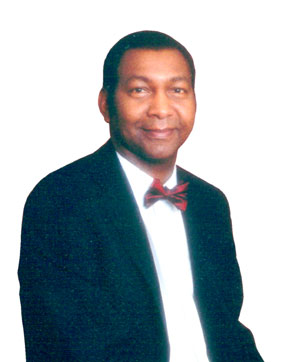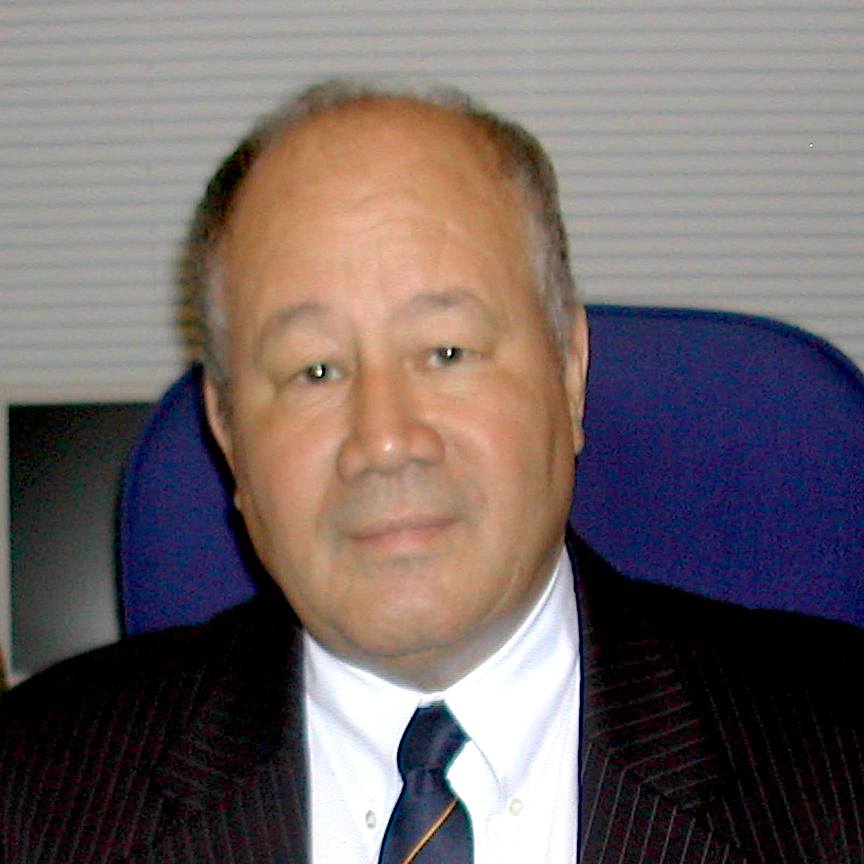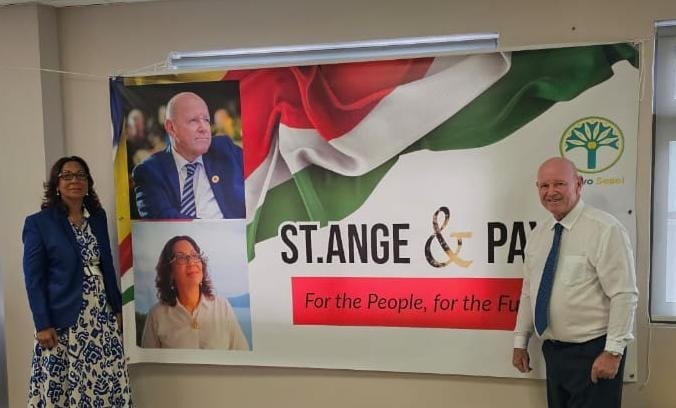My friend Sir James, the political giant who tried and failed to save Seychelles
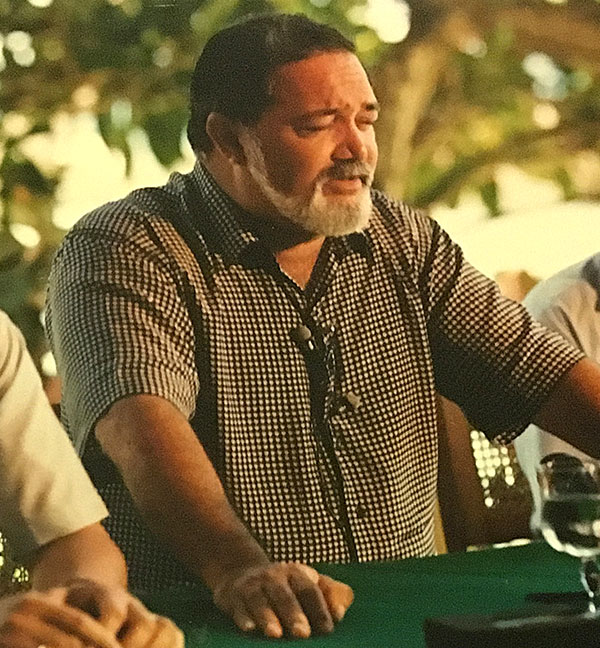
Whenever I think of James Mancham I remember him as a close friend with whom I shared the same sense of rage and frustration over our beloved homeland.
We were both exiles, prevented from living in Seychelles for years by a callous system that we agreed was at odds with democracy.
June 1977 was a moment in time that changed everything for thousands of Seychellois. The coup of 5th June was as brutal as it was unexpected.
Sir James and I were both victims in different ways and we suffered in different ways.
Once Mancham the President became Mancham the Exile, all his followers were damned.
I, though once a government worker and something of a national figure by captaining the country's football team, should have been above suspicion. But no. I was the victim of a regime that appeared to distrust anyone who had an opinion.
I spent three months in jail without charge and was then thrown out of the country.
I made my way to the UK and once there started the uphill struggle to build a new life with my young family.
However I still had hopes.
Mancham was then in the UK too. I met him on a regular basis during the early days. He would call me daily on the telephone, we would have meetings. With other groups of exiles we would talk of the future.
He may have been regarded as a deposed ruler, cut off from his own country and – his opponents hoped – left forever isolated and powerless. But Mancham was a world politician. He was not alone. He had prestige and friends in high places. Yes, things would change.
I believed in him. I thought that he would save Seychelles. My mistake was to overlook the fact he was human, a man who wanted to be everything to everyone.
Of course he had enemies who told lies and talked him down, what public figure doesn't? But even Mancham's friends accept that he was no saint and loved the good life too well. He was not tagged a playboy for nothing.
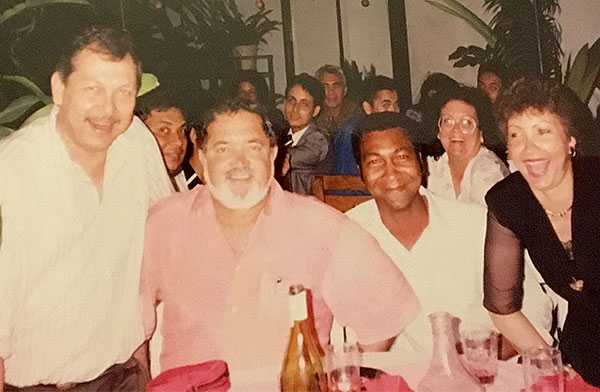
You could easily see why: wherever he was, whoever he was with, his personality shone. Friendly, joking, persuasive, flirty, he was the perfect model of a people person.
He had charisma, he had contacts, he had influence. He knew the right people and could get things done.
I just wish he had taken advantage of his gifts and done so at the right time. Timing, after all, is everything.
He came back to Seychelles in April 1992 in what his followers hoped would be a new dawn. He talked of national reconciliation, of unity. These were proud and wise words, they were what the thousands who greeted him at the airport wanted to hear.
But something happened.
I recall that after one meeting with the then President, Albert Rene, he emerged confused and looking somehow battered. He was not the same man. We may never know what was said or who said what, but after that moment it was as if a light had gone out.
In 2005, he left, in some disarray, the Democratic Party which he had founded in 1964.
His family say his job was done and he wanted to concentrate on Seychelles First. Actually, many other people in the party wanted him to go. He was by then really quite ineffectual, a token opposition leader. He offered words but no solutions.
I feel that he was another version of himself. The garrulous smooth talker appeared gagged.
And he was evolving into something else – a jet-set Statesman.
This was a fine new career for a man who now proved to have inexhaustible energy.
He represented Seychelles abroad, regularly travelling thousands of miles to attend conferences and announce strategies, and in turn was showered with awards. He wrote books, many articles and in doing so once again demonstrated an intellect few could match.
Those gifts could have brought Seychelles to a happier place sooner.
But was his focus elsewhere?
You could say that at this stage in his career – he was then his 50s – to his death at 77 he could have been forgiven for wanting to take it easy. After a lifetime of such high-octane drama it would have been natural.
But I remember the man who wanted to make Seychelles fairer and safer for all. The man who made the terms National Reconciliation and Unity the by-words for any politician of merit in Seychelles today.
I wanted to see action, but I saw only empty diplomacy. Whatever he said, whatever policy he championed, we saw it flower briefly then die with little effect. Seychelles remained the same as it had been since 1977: divided. The opposition groups were ineffective, Parti Lepep continued its unbroken reign in power and ruled with an iron fist.
We all recognise that Sir James was a giant figure in Seychelles' history. But there are conflicting opinions of his political determination in later life. In reality, he was probably no better nor worse than the rest of us, but because of his high profile everything was magnified.
Do right and win the hearts of everyone. Put one step wrong and you are condemned for lacking total dedication to the public good.
It is also an inevitable truth that no man on his own can solve the problems of Seychelles. To do that you need a massive and unshakeable collective will. Sir James tried to harness that.
Did he try hard enough? Only in the long run will historians be able to assess his true achievements.
I respected Sir James as a friend, valued him as a politician and loved him as a fellow Seychellois. Yet, I grieve that with all his immense talents he could have done so much more.
This is not only his loss but ours.
It is now up to us to ensure that we waste no more time. The call for reconciliation and unity is as great as it ever has been.
Mancham's legacy must be that we should never again be tempted to take a softer option, or allow ourselves to be distracted.
We should take comfort from the possibilities that are promised in Seychelles' new era.
It is a fresh beginning that Sir James cautiously welcomed. He saw that the Opposition-led National Assembly and a more responsive President offered hope after decades of repression.
But there is much still to do, and Seychelles needs all our love. Sir James would recognise that. May he rest in peace.
